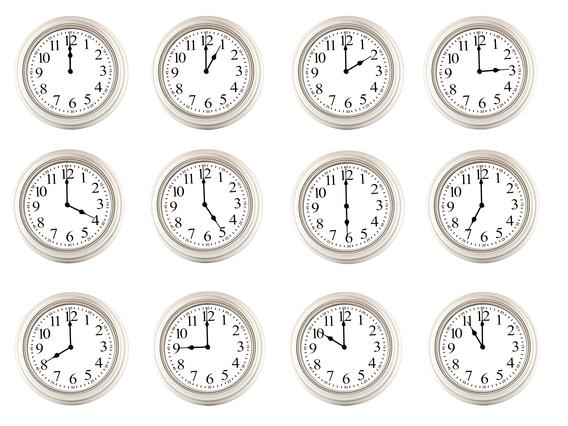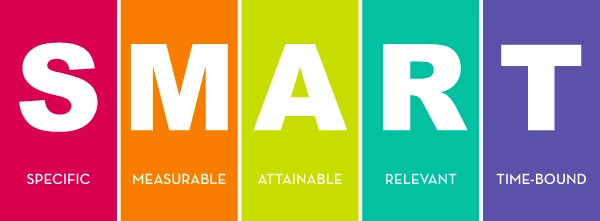Time Management / Awareness
Your class schedule varies from day to day, and includes unstructured time. Developing an effective system for using your time is critical to avoiding ineffective time use, and for establishing your study routine.
Create a schedule
Planning your schedule across a variety of levels (semester, week, day) helps you see what you need to accomplish now and in the future.
Increase self-awareness & time awareness
Consider keeping a detailed log of how you spend your time during the week. Becoming more aware about how your time is used allows you to see where you can make small changes to add more study time (or sleep!) to your schedule.

Also, pay attention to the time of day you are most productive and plan your most mentally demanding coursework during that time.
Implement visual reminders or use a timer
Wearing a watch, using a planner/calendar, and implementing a color-coding system are all ways to provide visual reminders.
Planning
Good planning and time management requires you to make long-term goals which, unfortunately, does not come easily to those with ADHD. People with ADHD tend to choose options with more immediate payoff than those connected with a longer term reward. To help use your time to support longer term goals, consider trying some of these suggestions.
Use visual supports
Organizational tools such as printed schedules, color coding, and labels can help you stay on track.
Make lists
Creating to-do lists helps move important tasks out of your brain and increases the likelihood that they won’t be forgotten.
If keeping track of a paper planner is challenging, utilize digital organization tools such as Google Calendar, Keep, Tasks, or similar organizational apps.
Protect your study space
Minimize distractions and prevent any interruptions to your planned work. Silence notifications, close unnecessary browser windows, make your phone inaccessible, or put an away message on your apps/email.
Organization
As a student you have to keep tracking of a lot of things. Having a study environment free from excess clutter can help you focus on your priorities, make better use of time, and find the things you need to do your best work.
Clear clutter
Clear your space of clutter and distractions. A quick 5 minute clean-up before you begin studying can help you feel more calm, centered, and ready to work!
Contain your tools
Your study space should have all the tools you need to complete your work. Consider using a desk organizer to hold pens, charging chords, and anything else you use for studying. Many students find that clear bins work to be able to see what is inside without the use of labels.
Consider fidgets
Small sensory items that you can hold as you focus (such as putty, stress balls, or spinners) are called “fidgets.” Consider having a few of these items in your study area to help you stay focused on your task.
Protect your study space
Minimize distractions and prevent any interruptions to your planned work. Silence notifications, close unnecessary browser windows, make your phone inaccessible, or put an away message on your apps/email.
Goal Setting
Setting, working towards, and ultimately reaching goals is incredibly rewarding, but can sometimes feel overwhelming.
Be SMART
Try using the SMART Goals framework to make sure your goals are Specific, Measurable, Attainable, Relevant, and Time-bound for the greatest chances of success.

Break it down
Breaking down large “to do” items can be incredibly beneficial and the same is true for goals! Have you broken your goal down into smaller steps and it still seems overwhelming? Try breaking it down even further. Don’t forget that you can use your Dopamenu to increase your motivation during tasks or as a reward!
Put it up
Write your goals down and put them somewhere you will see them often like your refrigerator, bathroom mirror, or planner. A frequent visual reminder can help you stay focused.
